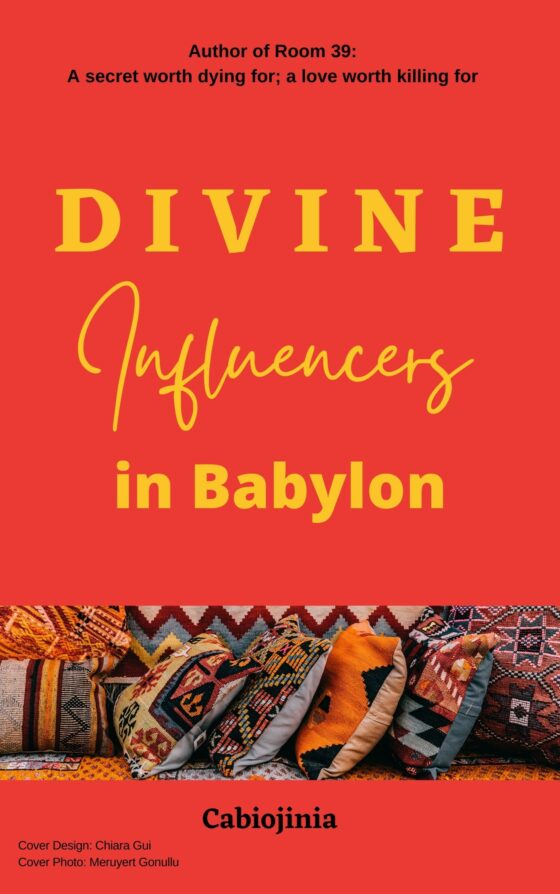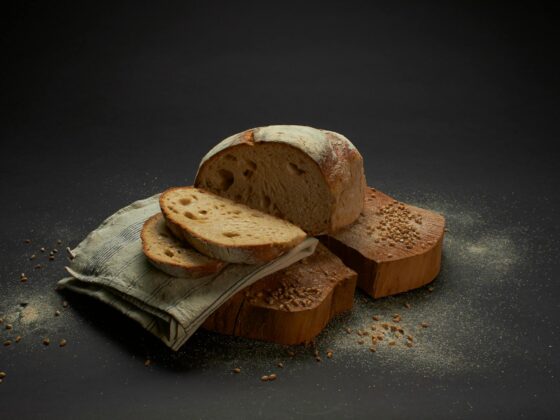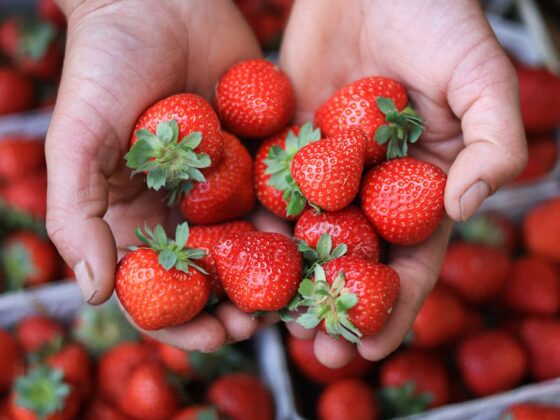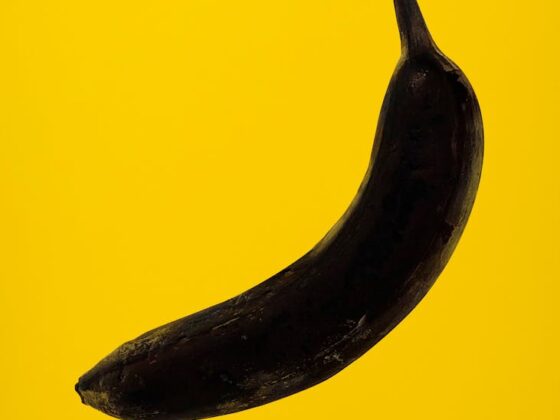Several times in life, we are keen to revive past things – industries, soured relationships, dilapidated buildings, old traditions and observances, childhood experiences and the rest. While this is lovely and can be so much fun in some way, other times we are left with regrets as we become disappointed with the latter result of what we attempted to revive.
For instance, there’s an old company that produced beverages several decades ago when we were kids. We recall how sweet the beverage tasted and how it made our childhood memories so beautiful.
Granted, it tasted great as children, and we loved it. But since the company closed, we’ve moved on with other drinks, but our memories keep telling us that it tasted better than the beverages we have today. And sometimes, we long to have that old beverage again. We dream and fantasize about it.
Unknown to us, however, the beverage no longer tastes as great as we remember. Or at best, it tastes like the ones of today. What is playing on us are simply memories that are stored in our hippocampus of something that no longer exists. But we clamour and protest, asking for revival. Maybe even a local or national politician picks it up and campaigns on it promising to force the government or parliament to revive it.
So, one day a nostalgic industrialist buys the old company to the joy of everyone in the city, especially the old folks who were children at the time. The children of these old folks never tasted the beverage of their fathers. But with joy and desire to have the same feelings that their fathers had and with some curiosity to know what their fathers are talking about; they also jump and rejoice in unfounded excitement.
But as production and distribution commence, the industrialist soon realises that the world has moved on and improved on what used to be. What is left of the old industry are just sweet memories of how great it was decades ago. Memories that are in our minds of how great it tasted when we were little, inexperienced children with fewer choices.
So, after the initial excitement, everyone returns to their routine. The hunger and thirst for the old beverage have been satisfied, and the children have had their fair share of fun and satisfied their curiosity. Sales plummet, production ceases and workers are laid off.
The old beverage company should never have interrupted its production in the first place. Had it continued, the old customers could have remained, and it’d have gained new customers as these children grew and had offspring.
But most importantly, it could have improved with time and incorporated new formulae as its competitors. Also, the consumers could have grown alongside it. But now, the people that tasted it of old seem not to enjoy the newly revived flavour. And those who didn’t know how good it was in the days, think that the taste, after all, is nothing different from what is obtainable elsewhere.
Leave the past glory where it is. It tasted great and that’s fantastic. But leave it there. Stop trying to revive it. When you do, it’ll either taste the same as the new ones on the market or it’ll taste even worse. And the complaint would be, “the old company tasted better than this new one.” Conserve the good memory people had and let them relish them always in their minds; they can tell their children’s children how great it was in those days, and their children can grow up with those fairy tales in their minds.
If you must revive the old beverage company, build something that tastes better. Else, leave the good memories people had where they are.













